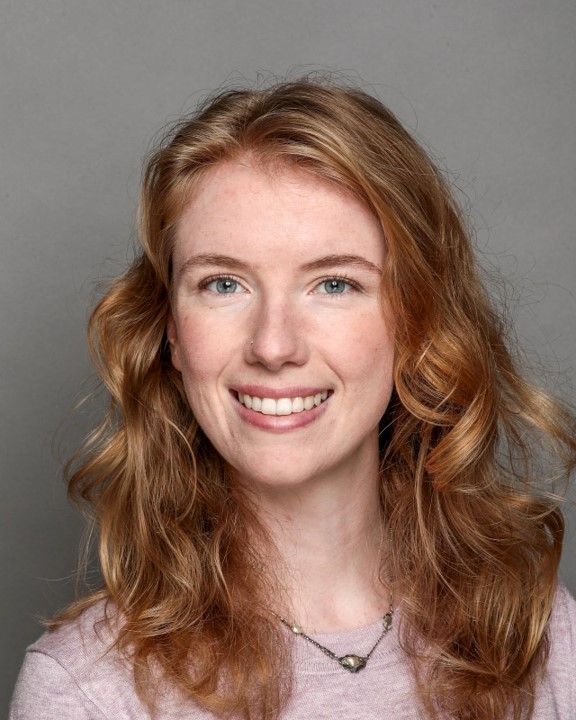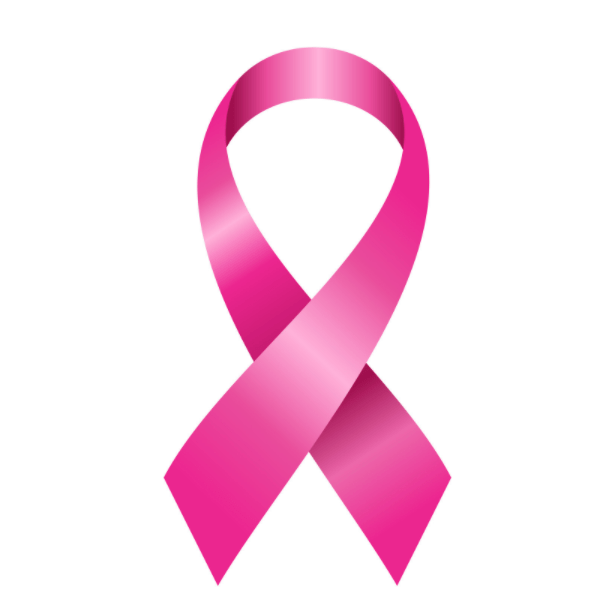It’s October! The nights are cooler and pumpkin spice is everywhere you turn. Ohio’s genetic counseling students have been back in the classroom and in the clinics for over a month. What better time for our first OAGC student member spotlight? Read on to see what second year student Sarah Cluff has to say about her time in graduate school and about writing a genetic counseling musical (yes, you read that correctly)!
What led you to pursue a career in genetic counseling?
Even as a child I knew I would be a scientist, but I hadn’t considered genetic counseling as a career until just a couple of years ago. After graduating with a Bachelor of Science in Biology in 2019, I started a master’s program in Molecular and Cellular Biology. While I did enjoy aspects of wet lab work, I felt it lacked human connection. During the pandemic I made a wild decision to be true to myself and not continue along the path of basic biology research. It was not easy to convince myself to make this change because until that point I had only been surrounded by other academics in the field of biology and genetics. Once I learned more about the field and talked to genetic counselors, I knew this career is a much better fit for my interests and strengths. I love how this path will allow me to continue to develop my interest in biology and medical genetics while also allowing me to strengthen my skills in teaching and counseling.
What excites you the most when thinking about a future career in genetic counseling?
I am involved in the NSGC International SIG and it is so interesting to hear how the field is developing in different regions of the world. Maybe I will be a part of creating genetic counseling policy outside of the US in the future! On a more practical level, I am mostly excited about serving as a direct link between the newest clinical research and patient care. What an awesome privilege it is to play such an important role in the care of our patients and clients!
What is the most challenging aspect of graduate school? How do you handle this challenge?
I sometimes find it challenging to balance my time between class, research, and clinic hours—and I’m sure most others in my cohort would agree. We have a lot of supervisors and advisors, so it takes practice to receive feedback from different directions and effectively integrate it. I handle this by preparing for meetings thoroughly and collecting my questions and confusions to ensure that they are addressed. I am also working on advocating for what I need and asking for help when I require it. We have great support in our program which I am very grateful for.
What advice would you give the new first year genetic counseling students?
If you don’t know something—just ask! There is no shame in not having the same background knowledge as others in your cohort, because we all have our own strengths. Also, make sure to develop and explore your special interests. It’s important to take advantage of the different opportunities while you are in school and have a great network around you.
Give us a (non-genetic counseling) fun fact about yourself!
I will shamelessly sing and dance in public, so it’s not very surprising that my favorite music genre is musicals. Maybe one day I will write a genetic counseling musical, featuring flashy musical numbers about pretest counseling and insurance prior authorizations. Do you think that could gain traction?

